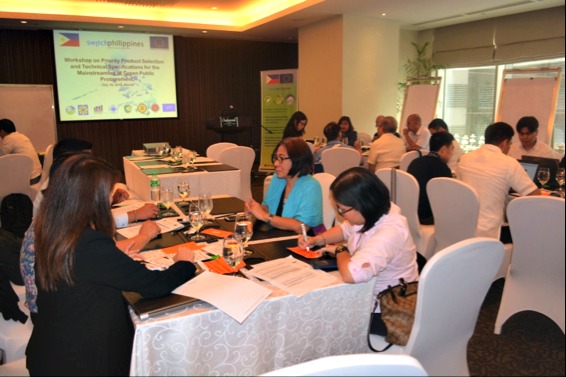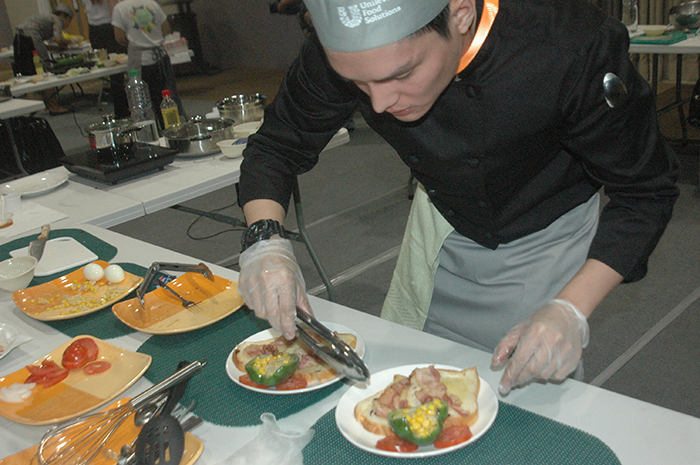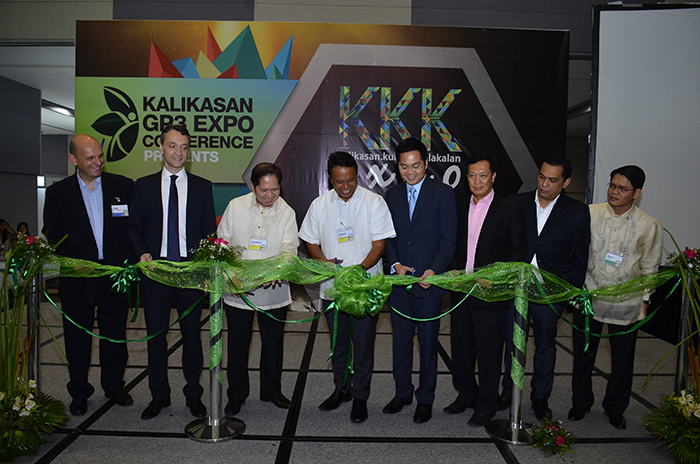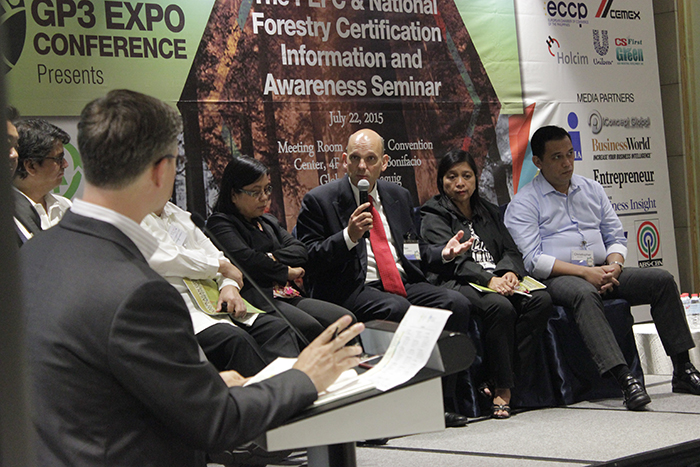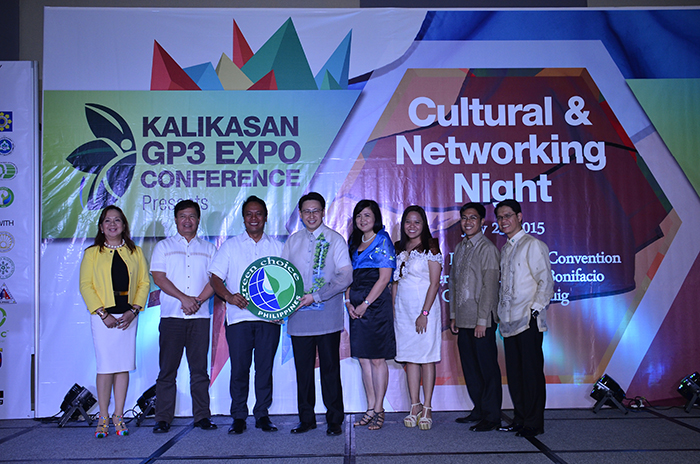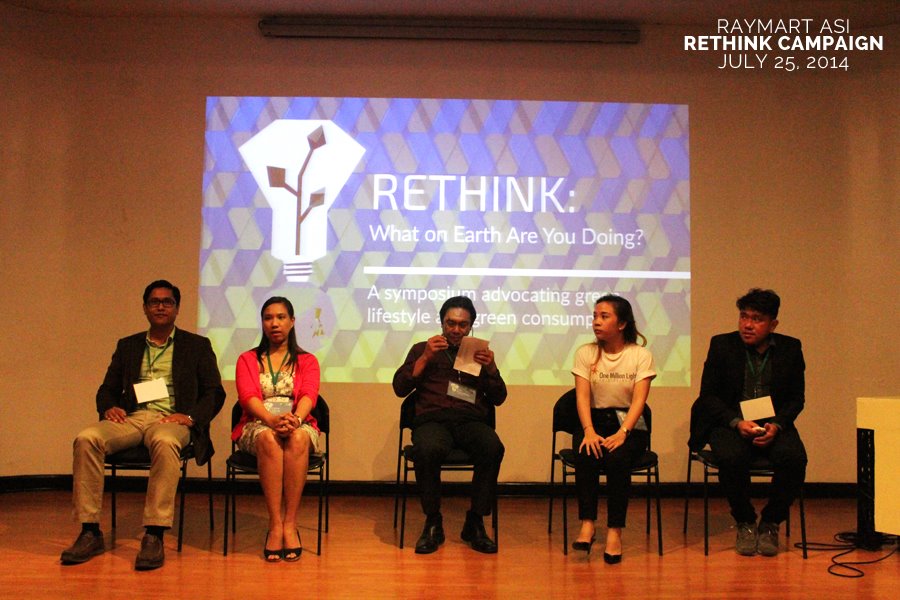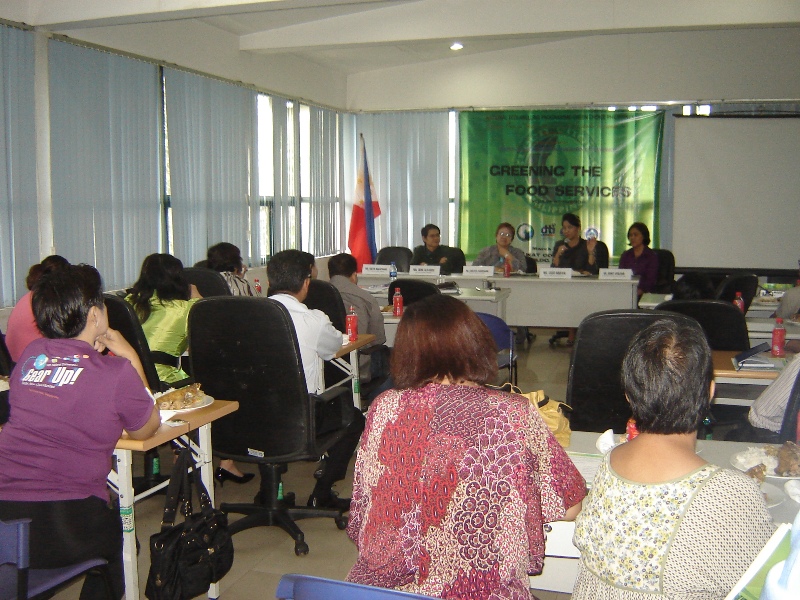In a historic display of institutional unity and power, government agencies each represented by their officials joined hands and led another inter-institutional environmental initiative in signing a Memorandum of Understanding (MOU) for the “Pilot Project for the Implementation of Green Public Procurement”, a capacity building project to provide government tenders the knowledge and skills on Green Procurement. Mayor Herbert Bautista of Quezon City, a staunch advocate for the environment, hosted the Signing Event at his turf at the Bulwagang Amoranto, Quezon City Hall, that included national participating agencies like Dept of Trade and Industry (DTI), Dept. of Environment and Natural Resources (DENR), Dept. of Energy (DOE), Dept. of Science and Technology (DOST), Quezon City Local Government and the Philippine Economic Zone Authority (PEZA). Quezon City joins the nation in environmental protection as we adopt the Green Building Policy for Construction Sites and the Green Procurement in our procurement process, said Mayor Bautista in his speech. He earlier formed his own Environmental Policy Management Council (EMPC) to take care of the city’s environmental programs. Presidential Adviser for Environmental Protection Neric Acosta led the signatories to the MOU, together with Presidential Assistant for Climate Change Elisea Gozun, Usec Zenaida Maglaya of DTI, Usec. Analiza Teh of DENR, Usec Loreta Gayzon of DOE, PEZA Director-General Laila De Lima, Director of the DBM Procurement Service Estanislao Granados and Director Nuna Almanzor of DOST, Development Academy of the Philippines (DAP) President Antonio Kalaw and International Green Purchasing Network (IGPN) Deputy Secretary General Akira Kataoka from Tokyo. “It’s our way of life. We need to green our practices so we can have a better future. We must break away from consuming too much.” Acosta emphasized in his speech, as he challenged the government to come with ways to reduce the environmental impact of its operations. Ms. Gozun showed support to the project as she declared, “The government must do its part in sharing the responsibility for the environment and Green Procurement can well address climate change.” The project is a joint effort by the Philippine Center for Environmental Protection and Sustainable Development, Inc (PCEPSDI), the Development Academy of the Philippines (DAP) and the International Green Purchasing Network (IGPN) based in Tokyo, Japan in their campaign to promote sustainable consumption among government institutions. This initiative is assisted through the Japan Fund for Global Environment (JFGE) of the Environmental Restoration and Conservation Agency of Japan. It’s a 5-month training program to equip government procurement officials on how to undergo green procurement, to address the huge environmental impact brought about by the governments enormous buying of goods and services for its operations. PCEPSDI is the Administrator of the National Ecolabelling Programme, a government program which evaluates products and goods based on their environmental performance, and then awards the Green Choice Philippines EcoLabel to products and goods which passed their set criteria. One of its advocacies is to promote green purchasing which would require the use of green and eco-labelled products. DAP is the country’s National Productivity Organization, which is affiliated with the Asian Productivity Organization, also based in Tokyo. It promotes programs on cleaner production and green business. IGPN is an association of Green Purchasing organizations in Japan, Korea, Thailand, Hong Kong, China, Singapore, Indonesia, Malaysia, Vietnam and Taiwan. Its newest member, the Green Purchasing Alliance Movement (GPAM) of the Philippines is a 103-institution strong of Green Purchasing advocates from both the public and private sector.
